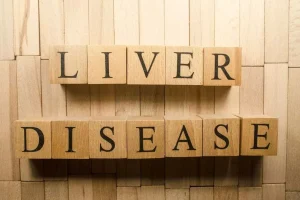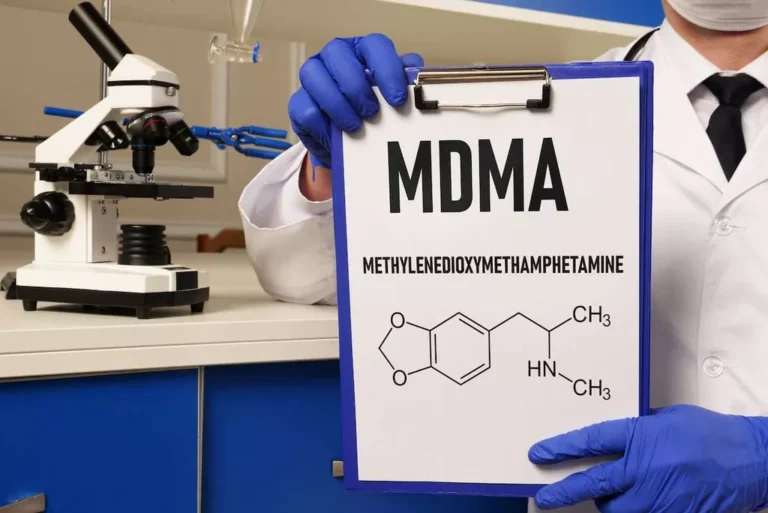
More resources for a variety of healthcare professionals can be found in the Additional Links for Patient Care. Together, medication and behavioral health treatments can facilitate functional brain recovery. While definitions can be variable, one way to look at this is the consumption of 4 or more drinks on an occasion (for women) and 5 or more for men. Additionally, excess alcohol is defined as drinking more than 8 drinks a week (women) and 15 a week (men), or consuming alcohol if you are pregnant or younger than age 21. Evidence for human consumption of alcohol dates back over 10,000 years.
- This is largely because our body is working hard to clear a buildup of alcohol-related toxins while also battling cravings for more alcohol, making it difficult to think clearly.
- These strategies provide ongoing support and help address the underlying issues that contribute to addiction.
- The toll that frequent alcohol use can have on your body can be severe but in some cases, the damage can be reversible.
- Doing these exercises for just a few minutes can help get rid of brain fog and enhance your cognitive function.
How Does Heavy Drinking Affect the Brain Long-Term?
So why is it so hard to know whether alcohol is good or bad for us—especially for our brains? In this post, we’ll explore the current science and some practical ideas on how to approach the topic. Creative activities will not only take your mind off of unproductive alcohol brain fog thoughts but also provide an overall sense of serenity. You will be immersed in a state of tranquility, as long as you don't judge yourself during the process. Create for the sole purpose of creating and leave any desire for perfection behind.
Alcohol Withdrawal and Brain Fog
- If possible, be consistent with the time you go to bed and what time you get up in the morning.
- However, alcohol suppresses glutamate’s effects, leading to even slower brain activity.
- We have more than 120 years of combined experience helping people just like you move past addiction.
- Engage in therapy or counseling sessions to address any underlying psychological issues and develop coping mechanisms.
- The two conditions, together called Wernicke-Korsakoff syndrome, happen in people who are severely deficient in thiamine (vitamin B-1).
- Soon enough, you’ll be reaching for even bigger goals that offer huge rewards.
People at high risk of complications should enter a short-term in-patient detox program. For people who experience hallucinations as part of alcohol withdrawal, these may begin in the 12- to 24-hour time frame. When that person cuts out alcohol, there is a period when their brain hasn't yet received the message and still overproduces the stimulating chemicals. With alcohol out of the equation, though, these chemicals cause withdrawal symptoms.
Risks and Complications
Keep an eye out for memory problems, poor motor skills, and slow reaction times – these are common symptoms of withdrawal-induced brain fog. In addiction recovery, I understand the importance of implementing brain fog remedies to improve cognitive function. Recovering from alcohol-induced brain fog requires time, patience, and support. It is crucial to seek professional help and engage in activities that promote brain health and overall well-being. Implementing a combination of healthy lifestyle choices, cognitive exercises, and comprehensive treatment can help alleviate brain fog and restore cognitive function. Given alcohol’s short- and long-term effects on the brain, it’s perhaps unsurprising to learn that we can get that lethargic, dull mental state we refer to as brain fog after drinking.

Between 12 and 24 Hours
Heavy drinking alters nerve cells and makes them smaller than normal, which can have severe, lasting effects on your brain. Alcohol lowers inhibitions and clouds judgment, which may lead you to engage in risky behaviors. Research has shown that alcohol can exacerbate symptoms and mood changes in people with mental health disorders like https://ecosoberhouse.com/ depression or bipolar disorder. By Michelle PugleMichelle Pugle, MA is a freelance writer and reporter focusing on mental health and chronic conditions. As seen in Verywell, Healthline, Psych Central, Everyday Health, and Health.com, among others. Once the brain adjusts to alcohol use, it requires alcohol in order to function properly.

Those with a wider circle of support have a better chance of staying sober. It can be helpful to write down your reasons for quitting and the difficulty of withdrawal while it is fresh in your mind. During the 12- to 24-hour time frame after the last drink, most people will begin to have noticeable symptoms. These may still be mild, or the existing symptoms might increase in severity. This process temporarily restores homeostasis, or chemical balance, in an effort to counteract the impact of long-term alcohol use on the brain.
- In fact, research has shown that walking can help improve brain function and reduce the risk of developing Alzheimer’s disease.
- These changes also help to rewire your brain away from thinking of alcohol as a reward, reducing the risk of a relapse to heavy drinking the longer you stay away from alcohol.
- It’s no wonder that so many people report feeling foggy-headed after a night of drinking or even days after that.
- It alters neurotransmitter levels, disrupts signaling pathways, and damages brain cells.
How Long Does Brain Fog Last After Quitting Alcohol?
They may not be able to form short-term memories because they are confused or thinking about other things. There is no set of symptoms that all people with brain fog experience. They may find conversations hard to follow, or they may not be able to pay attention to presentations. 47% of COVID-19 patients who have prolonged symptoms experience brain fog.
- Those first early days of recovery can sometimes feel like you aren’t making much progress.
- Factors that can help your brain recover from brain fog faster include the length of time alcohol was consumed, the amount of alcohol consumed, and the individual’s overall health.
- However, when a person drinks to excess, the liver cannot filter the alcohol fast enough, and this triggers immediate changes in the brain.
- Dr. Anand stresses the importance of drinking in moderation, if at all.
- People with severe addictions or a long history of alcohol misuse may suffer serious withdrawal symptoms when quitting.
Some alcoholics become deficient in an enzyme that prevents them from metabolizing vitamin B1 (thiamine), or they simply don’t eat a nutrient-rich diet, causing malnutrition. The resulting deficiencies can lead to cognitive impairment and alcohol-related brain damage. Before we dive into alcohol’s impact, it’s important to remember that the amount you drink completely changes its overall effect on your brain health. But, there is some evidence showing that light and moderate drinking may have its upsides too. This is because alcohol withdrawal brain fog can be dangerous and even life-threatening.

